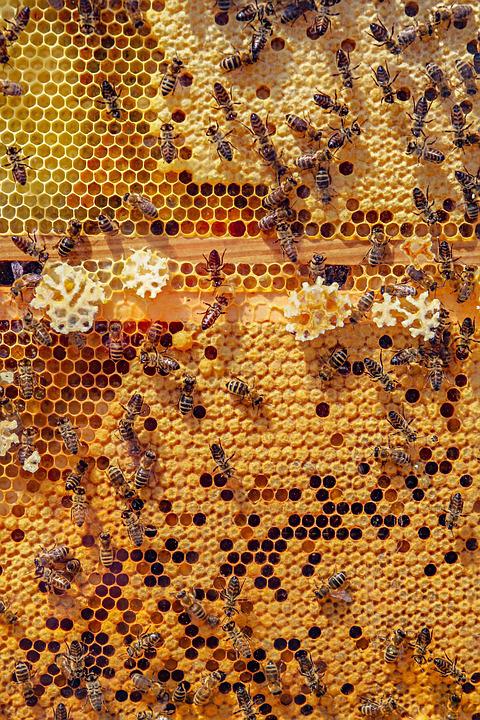



Article by: Hari Yellina
Australia’s biosecurity system has been criticised for being ineffective, and the country’s almond sector is calling for improvements to ensure that farmers are not forced to bear the financial burden of importers’ errors. The New South Wales bee business was shut down due to the varroa mite, which has been around since late last month and has raised concerns that the insect could destroy the nation’s billion-dollar almond industry. Tim Jackson, the chief executive of the Australian Almond Board, predicted that his business will lose “tens of millions of dollars” over the first 100 days of the varroa mite response. Mr. Jackson remarked, “We don’t cause the problem, yet it looks like we have to pay for the problem.
Australia’s agriculture is continually frustrated by the fact that we have to pay the full cost whenever there is a biosecurity issue. The almond sector depends on bees to pollinate trees because varroa is fatal to bees. Mr. Jackson stated that he thought luck as well as effective management played a role in Australia’s extended period of varroa-free status. The threat of foot-and-mouth disease in Indonesia, along with this, is undoubtedly raising awareness of the importance of allocating adequate resources to biosecurity, he said. While Mr. Jackson expressed hope that the varroa infestation could be controlled, he said that the most recent incursion in NSW will have an effect for years to come.
He wants importers to pay a tax to help pay for the costs of preventing pests from entering the country and for remediation if they do. A 2017 independent assessment suggested a biosecurity imports levy, but it was never implemented. “I believe a far more equitable payment mechanism is long overdue to cover off these crucial biosecurity risks,” Mr. Jackson added. The shipping community is responsive to those calls. Sal Milici, director of biosecurity for the Freight and Commerce Alliance, stated that the importing sector would be willing to pay more if it resulted in improvements for trade. “Containerized freight inspections are currently seeing some fairly substantial delays,” he said.
Rosa Crnov, Victoria’s Chief Plant Health Officer, expressed optimism that varroa would remain confined to NSW and that its expansion there would be stopped. According to Dr. Crnov, “NSW has virtually put the entire state on lockdown.” We are making every effort to keep varroa out. The country’s borders were not impregnable, she claimed, despite the fact that agencies were doing a fantastic job of keeping vermin out. In order to enable early detection of any pests on our border, improved technology is always beneficial, and I’m sure that our Commonwealth colleagues who oversee our ports of entry are thinking along those lines as well, according to Dr. Crnov.
She claimed that the fact that Australia had managed to fend off varroa destructor for so long was evidence that the safeguards were effective. “You will see that we are leaders in this space when you look at Australia’s biosecurity record relative to other countries throughout the planet,” Dr. Crnov added. “We had to deal with more than 700 suspect exotic unwanted pets last year. Fortunately, only a small minority of them needed more than triage. The movement of hives is now restricted in the southern state of Victoria, and bees from NSW are no longer allowed there. To take bees into the Sunraysia region, which is home to many of Victoria’s almond orchards, apiarists must have permission. “With the permitting system we’ll be able to do any tracing work if we need to if we end up with a detection of varroa here in Victoria,” Dr Crnov said.